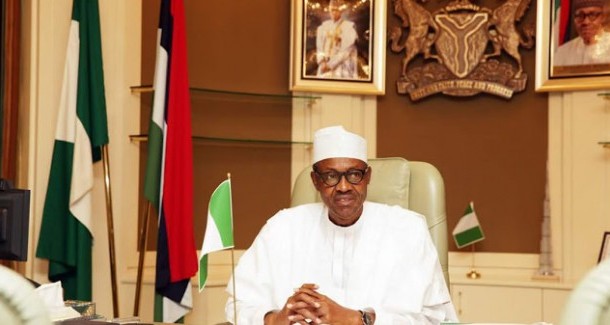The theme of digital restrictions by African nations is a disturbing trend permeating the continent. Nations like Uganda, Tanzania, and Kenya have enacted laws controlling online news dissemination and their governments have inadvertently ended businesses with high licences and fines put in place.
In what seems like an indication that Nigeria may follow suit, President Muhammadu Buhari — in his speech marking Nigeria’s 59th anniversary — spoke about Internet rights and freedom of speech:
“Our attention is increasingly being focused on cyber-crimes and the abuse of technology through hate speech and other divisive material being propagated on social media. Whilst we uphold the constitutional rights of our people to freedom of expression and association, where the purported exercise of these rights infringes on the rights of other citizens or threatens to undermine our National Security, we will take firm and decisive action.”
The Nigerian government has tried, unsuccessfully, to enact a law to control the country’s cyberspace as other African nations have done.
Suggested Read: Nigerians have one less thing to worry about as Social Media Bill gets the axe
In turn, the efforts of concerned citizens to protect their rights online through the Digital Rights and Freedom Bill were thwarted by President Buhari. The President declined to assent to the bill on the ground that it “covers too many technical subjects and fails to address any of them extensively.”
Excerpts from the president’s speech suggest that like some other African countries, Nigeria may be leaning towards Internet censorship.
For instance, Tanzania’s Electronic and Postal Communications (Online Content) Regulations 2018 mandated that online content creators pay about two million Tanzanian shillings ($930 or ₦335,730) in registration and licensing fees in addition to having to meet certain criteria to create content.
Many Tanzanians, who cannot meet the requirement or share their financial sources, have been forced to shut down their online businesses.
Larger nations like Egypt and South Africa are not left out.
Recently, President Cyril Ramaphosa of South Africa signed into law controversial amendments to the Film and Publications Amendment Bill, otherwise dubbed the Internet Censorship Bill by critics.
The Film and Publications Amendment law has come under fire due to its take on hate speech and content distribution. The law also empowers ISPs to shut down sites perceived to distribute hate speech which many see as a recipe for government-led censorship of online content and free speech.
South Africa’s newly amended legislation comes on the heels of the landmark ruling calling the government’s use of mass surveillance techniques to spy on its citizens unlawful. Given the likelihood of the Southern nation misusing its powers, many are concerned that the amendment gives the government the power to abuse and infringe on the rights to free speech.
Suggested Read: South African court declares state surveillance unlawful and invalid
In 2018, the former Arab Spring nation of Egypt enacted the Anti-Cyber and Information Technology Crimes Law. Notoriously known for censoring platforms and websites in the name of national security, the Egyptian government claimed the censorship was necessary to curb the use of the Internet by extremist organisations to recruit youths.
Although Egypt’s Anti-Cybercrime Law has some good points on safeguarding the data of Egyptians, some complain that it’s giving the government too much power as the law allows broad censorship of the Internet with the government able to block certain websites.
In the past, the Minister of Information and Culture, Lai Mohammed, described hate speech as an act of terrorism, threatening that it would be sanctioned accordingly. With President Buhari’s recent reiteration of such practices through the use of social media and the promise of taking “decisive action”, we must watch closely to see what follows.











